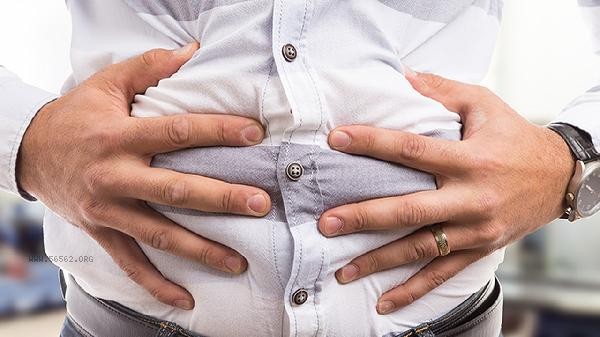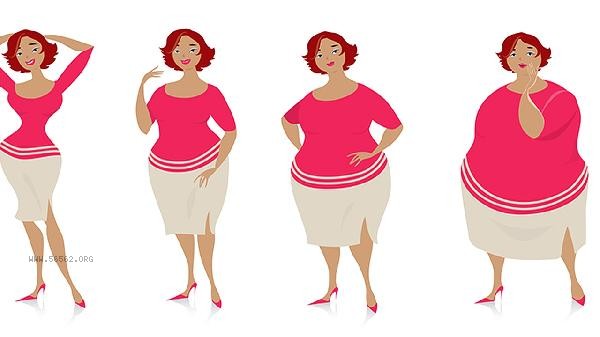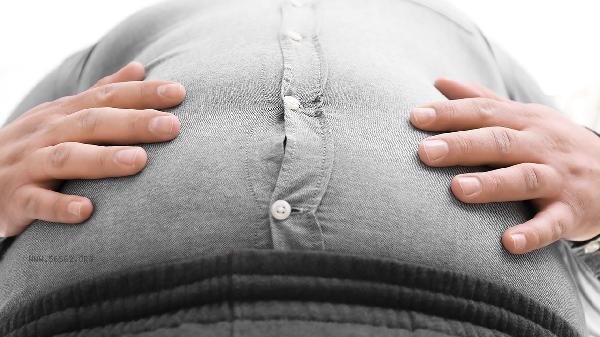Difficulty in defecation after weight loss may be related to changes in dietary structure, insufficient water intake, lack of dietary fiber, imbalance of gut microbiota, and reduced exercise. This condition usually belongs to functional constipation, which can be alleviated by adjusting lifestyle.

1. Changes in dietary structure
Sudden reduction in food intake can lead to insufficient intestinal contents, which cannot effectively stimulate intestinal peristalsis. Some people who are trying to lose weight excessively limit their fat intake, which has a lubricating effect on the intestines. Long term low-fat diet may affect the smoothness of bowel movements. It is recommended to maintain a moderate intake of healthy fats daily, such as nuts and deep-sea fish.
2. Insufficient water intake
During weight loss, intentionally reducing water intake or sweating excessively without timely hydration can lead to dry and hard feces. The human body needs to consume about 2000 milliliters of water per day, and when water is insufficient, the colon will excessively absorb water from feces. Drinking warm water on an empty stomach in the morning can stimulate the gastrocolic reflex and help improve difficulty in defecation.
3. Dietary fiber deficiency
Strict control of carbohydrates in weight loss methods may result in insufficient intake of dietary fiber. Dietary fiber can absorb moisture and expand, increasing the volume of feces. It is recommended to consume 25-30 grams of dietary fiber per day, including oats, broccoli, chia seeds, and other foods. At the same time, sufficient water should be consumed to achieve a laxative effect.

4. Imbalance of gut microbiota
Rapid weight loss may alter the composition of gut microbiota, and a decrease in the number of probiotics can affect food digestion and short chain fatty acid production. Short chain fatty acids can supply energy to colon cells and promote intestinal peristalsis. supplementing fermented foods such as sugar free yogurt, kimchi, etc. appropriately can help restore microbial balance.
5. Decreased Exercise
Some weight loss individuals lose weight through dieting but lack exercise. Insufficient physical activity can weaken the contraction of abdominal and intestinal muscles. Aerobic exercise such as brisk walking and swimming can accelerate blood circulation and stimulate intestinal peristalsis. It is recommended to engage in 150 minutes of moderate intensity exercise per week to avoid prolonged sitting.

To improve constipation during weight loss, it is necessary to establish a scientific weight loss plan and avoid extreme dieting. Regularly going to the toilet every day to cultivate defecation reflex, squatting posture can be used to promote rectal emptying. If constipation persists for more than two weeks after adjusting lifestyle, or if symptoms such as bloody stools and sudden weight loss occur, it is necessary to seek medical attention promptly to check for organic diseases. Long term constipation patients can use laxatives such as lactulose oral solution and polyethylene glycol electrolyte powder under the guidance of a doctor, but should avoid relying on stimulant laxatives.









Comments (0)
Leave a Comment
No comments yet
Be the first to share your thoughts!